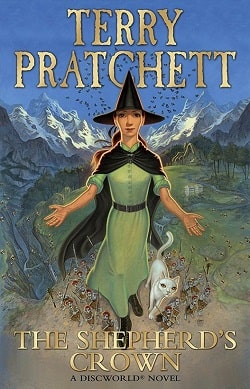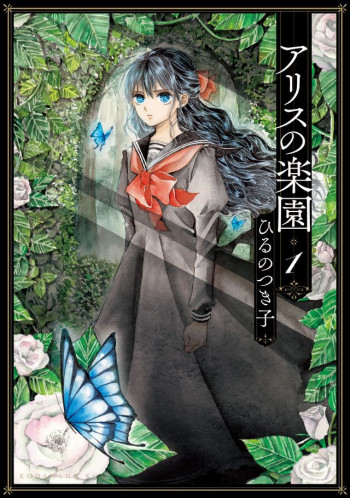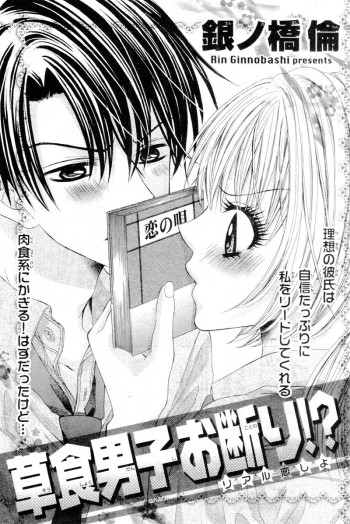The Shepherd's Crown is the final installment in Terry Pratchett's beloved Discworld series, and it serves as a poignant farewell not only to the characters within its pages but also to the readers who have journeyed with him through the fantastical realms of his imagination. This book, published posthumously in 2015, encapsulates the essence of Pratchett's storytelling—his wit, wisdom, and deep understanding of humanity—while also addressing themes of mortality, legacy, and the cyclical nature of life.
At the heart of the narrative is Tiffany Aching, a young witch who has grown from a naive girl into a formidable force of nature. In The Shepherd's Crown, Tiffany is faced with the daunting task of protecting her land from an impending invasion by the fairy horde, an enemy that embodies chaos and destruction. The blurb hints at a "shivering of worlds," and indeed, Pratchett masterfully weaves a tale that explores the boundaries between different realms, the fragility of peace, and the responsibilities that come with power.
One of the most striking aspects of this novel is its exploration of the theme of endings and beginnings. As the title suggests, the shepherd's crown symbolizes not just authority but also the weight of leadership and the inevitability of change. Tiffany stands at a crossroads, embodying the transition from youth to adulthood, from innocence to experience. This theme resonates deeply, especially in a world where change is often met with resistance. Pratchett's portrayal of Tiffany's journey reflects the universal struggle of finding one's place in a world that is constantly evolving.
The character development in The Shepherd's Crown is both rich and nuanced. Tiffany is surrounded by a cast of familiar faces, including the Nac Mac Feegle, who provide comic relief while also demonstrating loyalty and bravery. The Feegle's unwavering support for Tiffany highlights the importance of community and friendship in times of crisis. Additionally, the return of Granny Weatherwax, a formidable witch who has been a guiding force for Tiffany, adds depth to the narrative. Granny's wisdom and strength serve as a reminder of the legacy that mentors leave behind, and her presence underscores the theme of continuity in the face of change.
Pratchett's writing is as sharp and insightful as ever, filled with his trademark humor and keen observations about human nature. He deftly balances the fantastical elements of the story with poignant reflections on life and death. The fairy horde, with their capriciousness and malice, serves as a metaphor for the darker aspects of existence, while Tiffany's determination to confront them embodies the resilience of the human spirit. This duality is a hallmark of Pratchett's work, and it is particularly poignant in this final chapter of the Discworld saga.
Another significant theme in the book is the power of choice. Tiffany is faced with difficult decisions that will shape not only her future but also the future of her world. Pratchett emphasizes that choices are not always clear-cut; they are often fraught with moral ambiguity. This complexity adds depth to Tiffany's character, making her relatable and real. Readers are invited to reflect on their own choices and the impact they have on the world around them, a theme that resonates universally.
The narrative structure of The Shepherd's Crown is also noteworthy. Pratchett employs a non-linear approach, weaving together various threads of the story to create a rich tapestry of interconnected events. This technique mirrors the complexity of life itself, where past, present, and future are often intertwined. The pacing of the novel is deliberate, allowing readers to savor the moments of introspection and reflection that punctuate the action. This is particularly effective in a story that grapples with profound themes of loss and legacy.
In terms of its overall impact, The Shepherd's Crown serves as a fitting conclusion to the Discworld series. It encapsulates the essence of what makes Pratchett's work so beloved: his ability to blend humor with profound insights into the human condition. The book resonates with readers on multiple levels, offering both entertainment and a deeper understanding of life's complexities. It is a celebration of friendship, courage, and the enduring power of love, even in the face of adversity.
Comparatively, Pratchett's exploration of themes such as mortality and legacy can be likened to works by authors like Neil Gaiman and Ursula K. Le Guin. Both Gaiman's The Graveyard Book and Le Guin's The Dispossessed delve into the intricacies of life, death, and the choices that define us. However, Pratchett's unique blend of humor and fantasy sets him apart, creating a distinctive voice that resonates with readers of all ages.
In conclusion, The Shepherd's Crown is not just a book; it is a heartfelt farewell from Terry Pratchett to his readers and a celebration of the enduring spirit of his characters. It invites us to reflect on our own lives, the choices we make, and the legacies we leave behind. As we turn the final pages, we are left with a sense of closure, but also with the understanding that the stories we cherish will continue to live on in our hearts and minds. This book is a testament to Pratchett's genius and a reminder of the power of storytelling to illuminate the complexities of life.
























Reviews 0
Post a Reviews: